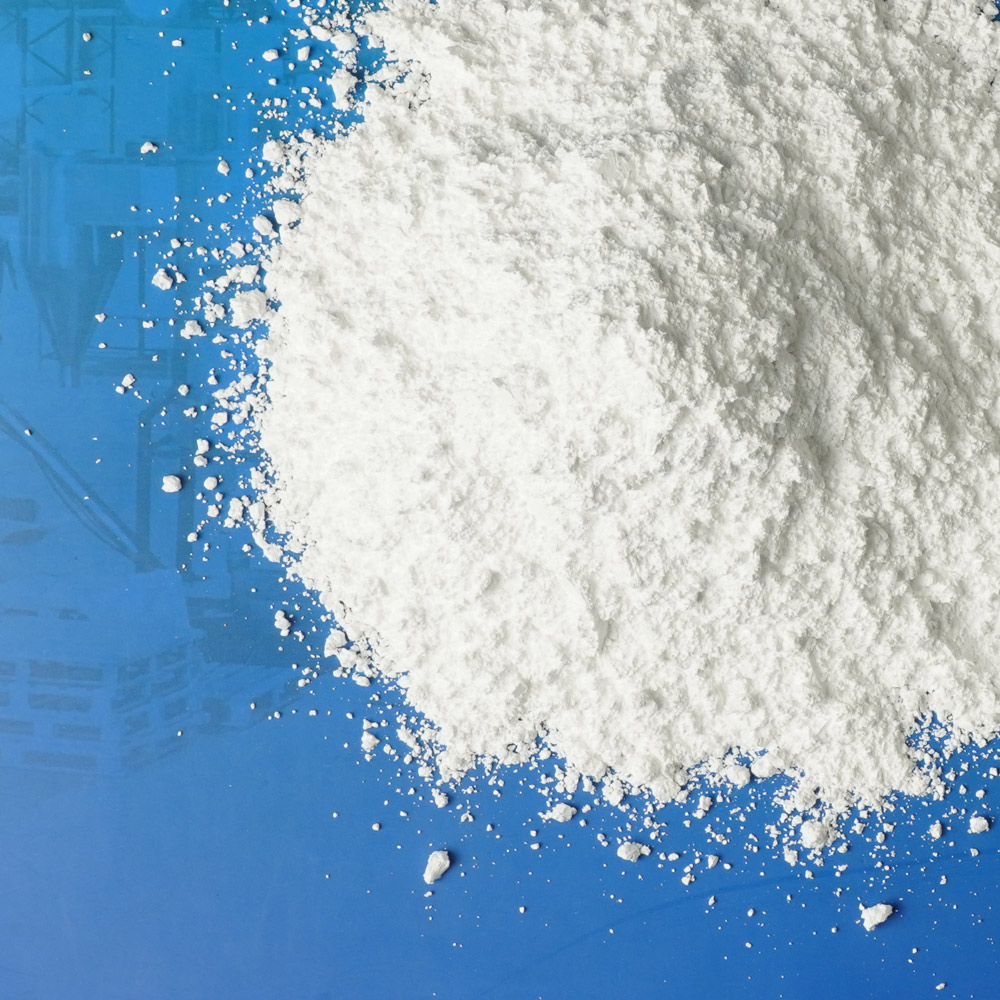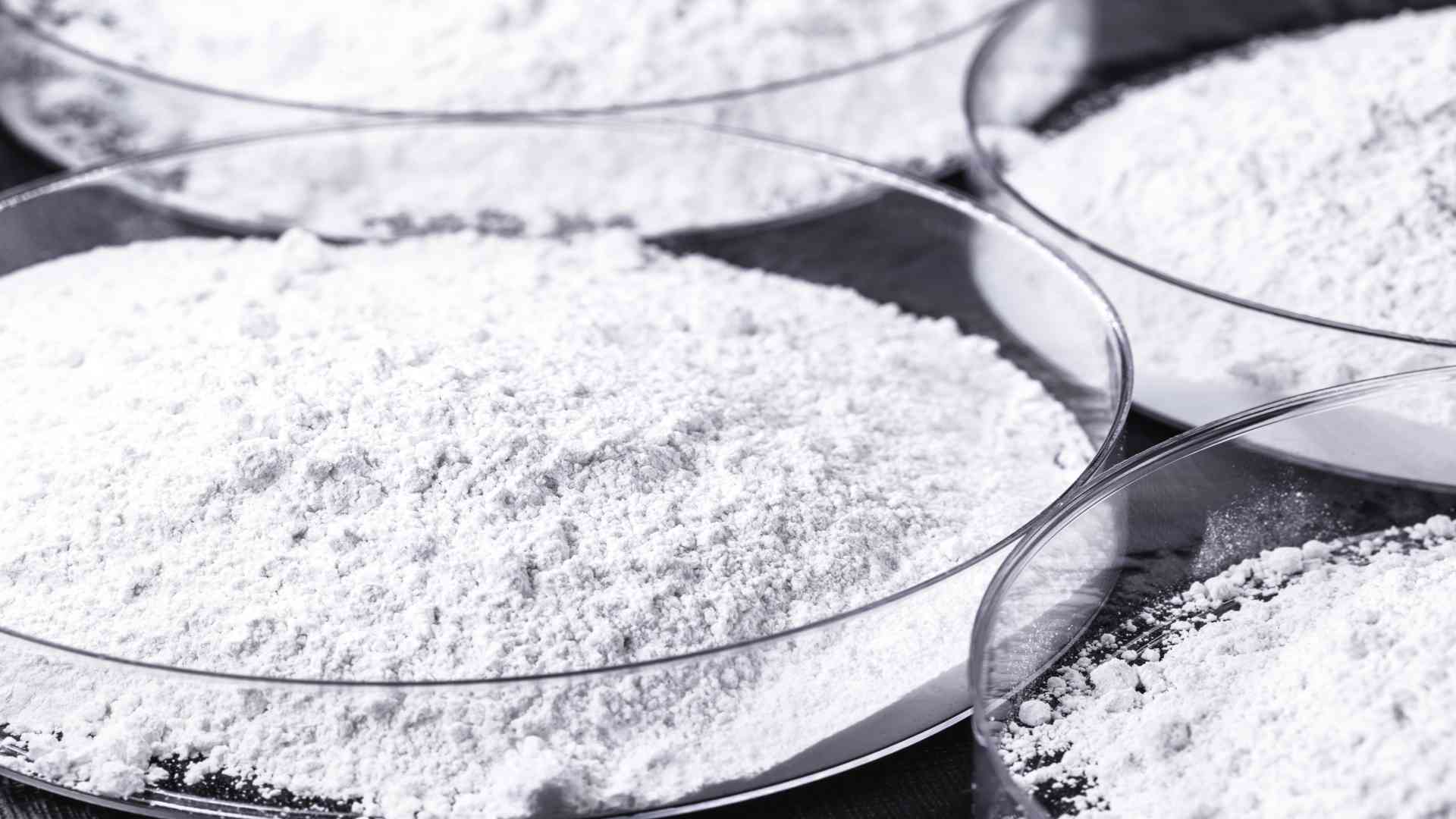Calcium Carbonate - Gardin Warehouse
By A Mystery Man Writer
Last updated 17 Jul 2024

Calcium carbonate, commonly known as agricultural lime or calcite, is a naturally occurring compound that contains calcium and carbonate ions. Calcium carbonate helps plants grow by providing essential calcium, adjusting soil pH, improving soil structure, and promoting nutrient availability. It's an important tool for managing soil acidity and enhancing overall plant health. It's often used as a soil amendment to improve soil structure and provide essential calcium to plants. Attributes include: pH Adjustment: One of the primary benefits of calcium carbonate is its ability to raise soil pH. It acts as a natural buffer, reducing soil acidity (lowering the concentration of hydrogen ions) and making the soil more alkaline. This can be particularly useful in soils that are too acidic for optimal plant growth. Many plants thrive in slightly acidic to neutral pH ranges, and adjusting pH can improve nutrient availability
Calcium carbonate, commonly known as agricultural lime or calcite, is a naturally occurring compound that contains calcium and carbonate ions. Calcium carbonate helps plants grow by providing essential calcium, adjusting soil pH, improving soil structure, and promoting nutrient availability. It's an important tool for managing soil acidity and enhancing overall plant health. It's often used as a soil amendment to improve soil structure and provide essential calcium to plants. Attributes include: pH Adjustment: One of the primary benefits of calcium carbonate is its ability to raise soil pH. It acts as a natural buffer, reducing soil acidity (lowering the concentration of hydrogen ions) and making the soil more alkaline. This can be particularly useful in soils that are too acidic for optimal plant growth. Many plants thrive in slightly acidic to neutral pH ranges, and adjusting pH can improve nutrient availability and overall plant health. Calcium Supply: Calcium is a vital nutrient for plant growth. It plays a crucial role in cell wall structure, cell division, and cell elongation. Adequate calcium levels contribute to strong cell walls, which in turn leads to healthier and more robust plants. Calcium is also involved in various enzyme reactions and nutrient uptake processes. Nutrient Uptake: Calcium is known as a secondary nutrient, meaning that plants require it in relatively large amounts compared to micronutrients. It helps in the uptake and transport of other nutrients within the plant. When calcium is deficient, it can lead to various nutrient imbalances and deficiencies in plants. Reducing Aluminum Toxicity: In acidic soils, aluminum toxicity can become an issue. Calcium carbonate can help mitigate this problem by raising the pH and reducing the solubility of aluminum, making it less toxic to plants. Soil Structure and Aeration: Calcium carbonate improves soil structure by enhancing aggregation, which leads to better water infiltration, water-holding capacity, and aeration. Improved soil structure encourages root growth and allows plants to access water and nutrients more effectively. Microbial Activity: Calcium carbonate can promote beneficial microbial activity in the soil. Microorganisms play a crucial role in breaking down organic matter and releasing nutrients in forms that plants can absorb. When using calcium carbonate: Soil Testing: Before applying calcium carbonate, it's a good idea to conduct a soil test to determine your soil's pH and nutrient levels. This will help you determine the appropriate amount of calcium carbonate to use. Application Rates: Follow recommended application rates based on your soil test results and the specific plants you're growing. Calcium/Magnesium Ratio: Keep in mind that excessive use of calcium carbonate can alter the calcium/magnesium ratio in the soil. This can affect nutrient availability and should be monitored.
Calcium carbonate, commonly known as agricultural lime or calcite, is a naturally occurring compound that contains calcium and carbonate ions. Calcium carbonate helps plants grow by providing essential calcium, adjusting soil pH, improving soil structure, and promoting nutrient availability. It's an important tool for managing soil acidity and enhancing overall plant health. It's often used as a soil amendment to improve soil structure and provide essential calcium to plants. Attributes include: pH Adjustment: One of the primary benefits of calcium carbonate is its ability to raise soil pH. It acts as a natural buffer, reducing soil acidity (lowering the concentration of hydrogen ions) and making the soil more alkaline. This can be particularly useful in soils that are too acidic for optimal plant growth. Many plants thrive in slightly acidic to neutral pH ranges, and adjusting pH can improve nutrient availability and overall plant health. Calcium Supply: Calcium is a vital nutrient for plant growth. It plays a crucial role in cell wall structure, cell division, and cell elongation. Adequate calcium levels contribute to strong cell walls, which in turn leads to healthier and more robust plants. Calcium is also involved in various enzyme reactions and nutrient uptake processes. Nutrient Uptake: Calcium is known as a "secondary" nutrient, meaning that plants require it in relatively large amounts compared to micronutrients. It helps in the uptake and transport of other nutrients within the plant. When calcium is deficient, it can lead to various nutrient imbalances and deficiencies in plants. Reducing Aluminum Toxicity: In acidic soils, aluminum toxicity can become an issue. Calcium carbonate can help mitigate this problem by raising the pH and reducing the solubility of aluminum, making it less toxic to plants. Soil Structure and Aeration: Calcium carbonate improves soil structure by enhancing aggregation, which leads to better water infiltration, water-holding capacity, and aeration. Improved soil structure encourages root growth and allows plants to access water and nutrients more effectively. Microbial Activity: Calcium carbonate can promote beneficial microbial activity in the soil. Microorganisms play a crucial role in breaking down organic matter and releasing nutrients in forms that plants can absorb. When using calcium carbonate: Soil Testing: Before applying calcium carbonate, it's a good idea to conduct a soil test to determine your soil's pH and nutrient levels. This will help you determine the appropriate amount of calcium carbonate to use. Application Rates: Follow recommended application rates based on your soil test results and the specific plants you're growing. Calcium/Magnesium Ratio: Keep in mind that excessive use of calcium carbonate can alter the calcium/magnesium ratio in the soil. This can affect nutrient availability and should be monitored.
Premium Agricultural Supplies for Craft Growers
Calcium carbonate, commonly known as agricultural lime or calcite, is a naturally occurring compound that contains calcium and carbonate ions. Calcium carbonate helps plants grow by providing essential calcium, adjusting soil pH, improving soil structure, and promoting nutrient availability. It's an important tool for managing soil acidity and enhancing overall plant health. It's often used as a soil amendment to improve soil structure and provide essential calcium to plants. Attributes include: pH Adjustment: One of the primary benefits of calcium carbonate is its ability to raise soil pH. It acts as a natural buffer, reducing soil acidity (lowering the concentration of hydrogen ions) and making the soil more alkaline. This can be particularly useful in soils that are too acidic for optimal plant growth. Many plants thrive in slightly acidic to neutral pH ranges, and adjusting pH can improve nutrient availability and overall plant health. Calcium Supply: Calcium is a vital nutrient for plant growth. It plays a crucial role in cell wall structure, cell division, and cell elongation. Adequate calcium levels contribute to strong cell walls, which in turn leads to healthier and more robust plants. Calcium is also involved in various enzyme reactions and nutrient uptake processes. Nutrient Uptake: Calcium is known as a secondary nutrient, meaning that plants require it in relatively large amounts compared to micronutrients. It helps in the uptake and transport of other nutrients within the plant. When calcium is deficient, it can lead to various nutrient imbalances and deficiencies in plants. Reducing Aluminum Toxicity: In acidic soils, aluminum toxicity can become an issue. Calcium carbonate can help mitigate this problem by raising the pH and reducing the solubility of aluminum, making it less toxic to plants. Soil Structure and Aeration: Calcium carbonate improves soil structure by enhancing aggregation, which leads to better water infiltration, water-holding capacity, and aeration. Improved soil structure encourages root growth and allows plants to access water and nutrients more effectively. Microbial Activity: Calcium carbonate can promote beneficial microbial activity in the soil. Microorganisms play a crucial role in breaking down organic matter and releasing nutrients in forms that plants can absorb. When using calcium carbonate: Soil Testing: Before applying calcium carbonate, it's a good idea to conduct a soil test to determine your soil's pH and nutrient levels. This will help you determine the appropriate amount of calcium carbonate to use. Application Rates: Follow recommended application rates based on your soil test results and the specific plants you're growing. Calcium/Magnesium Ratio: Keep in mind that excessive use of calcium carbonate can alter the calcium/magnesium ratio in the soil. This can affect nutrient availability and should be monitored.
Calcium carbonate, commonly known as agricultural lime or calcite, is a naturally occurring compound that contains calcium and carbonate ions. Calcium carbonate helps plants grow by providing essential calcium, adjusting soil pH, improving soil structure, and promoting nutrient availability. It's an important tool for managing soil acidity and enhancing overall plant health. It's often used as a soil amendment to improve soil structure and provide essential calcium to plants. Attributes include: pH Adjustment: One of the primary benefits of calcium carbonate is its ability to raise soil pH. It acts as a natural buffer, reducing soil acidity (lowering the concentration of hydrogen ions) and making the soil more alkaline. This can be particularly useful in soils that are too acidic for optimal plant growth. Many plants thrive in slightly acidic to neutral pH ranges, and adjusting pH can improve nutrient availability and overall plant health. Calcium Supply: Calcium is a vital nutrient for plant growth. It plays a crucial role in cell wall structure, cell division, and cell elongation. Adequate calcium levels contribute to strong cell walls, which in turn leads to healthier and more robust plants. Calcium is also involved in various enzyme reactions and nutrient uptake processes. Nutrient Uptake: Calcium is known as a "secondary" nutrient, meaning that plants require it in relatively large amounts compared to micronutrients. It helps in the uptake and transport of other nutrients within the plant. When calcium is deficient, it can lead to various nutrient imbalances and deficiencies in plants. Reducing Aluminum Toxicity: In acidic soils, aluminum toxicity can become an issue. Calcium carbonate can help mitigate this problem by raising the pH and reducing the solubility of aluminum, making it less toxic to plants. Soil Structure and Aeration: Calcium carbonate improves soil structure by enhancing aggregation, which leads to better water infiltration, water-holding capacity, and aeration. Improved soil structure encourages root growth and allows plants to access water and nutrients more effectively. Microbial Activity: Calcium carbonate can promote beneficial microbial activity in the soil. Microorganisms play a crucial role in breaking down organic matter and releasing nutrients in forms that plants can absorb. When using calcium carbonate: Soil Testing: Before applying calcium carbonate, it's a good idea to conduct a soil test to determine your soil's pH and nutrient levels. This will help you determine the appropriate amount of calcium carbonate to use. Application Rates: Follow recommended application rates based on your soil test results and the specific plants you're growing. Calcium/Magnesium Ratio: Keep in mind that excessive use of calcium carbonate can alter the calcium/magnesium ratio in the soil. This can affect nutrient availability and should be monitored.
Premium Agricultural Supplies for Craft Growers
Calcium carbonate, commonly known as agricultural lime or calcite, is a naturally occurring compound that contains calcium and carbonate ions. Calcium

Calcium Carbonate

400 Mesh Calcium Carbonate CaCO3 for Rubber/Oil Paint/Floor Tile
Why Humic Acid, Supports healthier plants by increasing nutrient uptake and preventing nutrient lockout (Arancon et al. 2006, Pettit), Makes
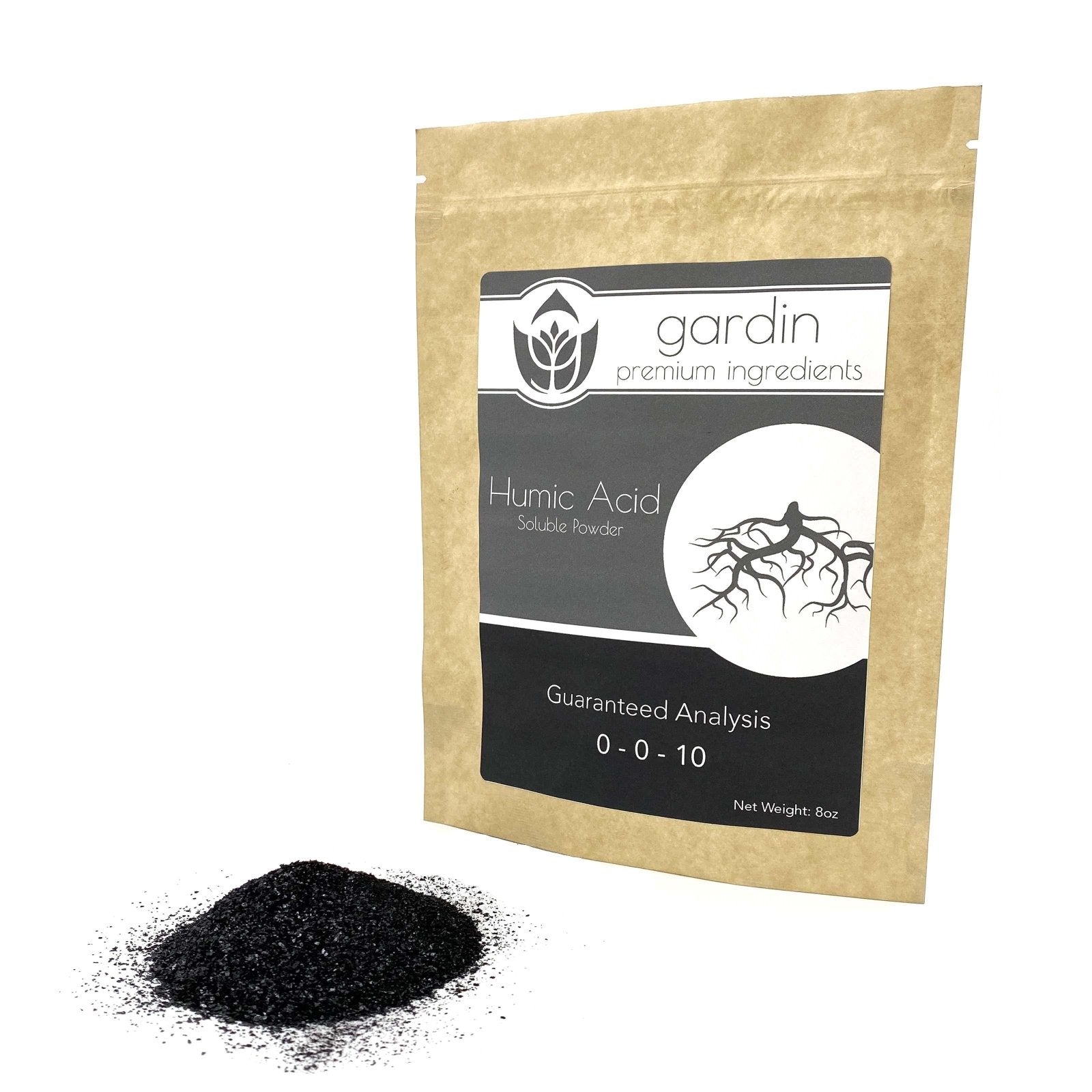
Humic Acid - Soluble Powder

Grade: 500# To 2 Micron Ground Calcium Carbonate, 50 Kg, Packaging
GROW!T horticultural clay pebbles are made from 100% natural clay. They are clean, pH stable, and offer great aeration and drainage in hydroponics,

GROW!T Clay Pebbles, 4 mm-16 mm
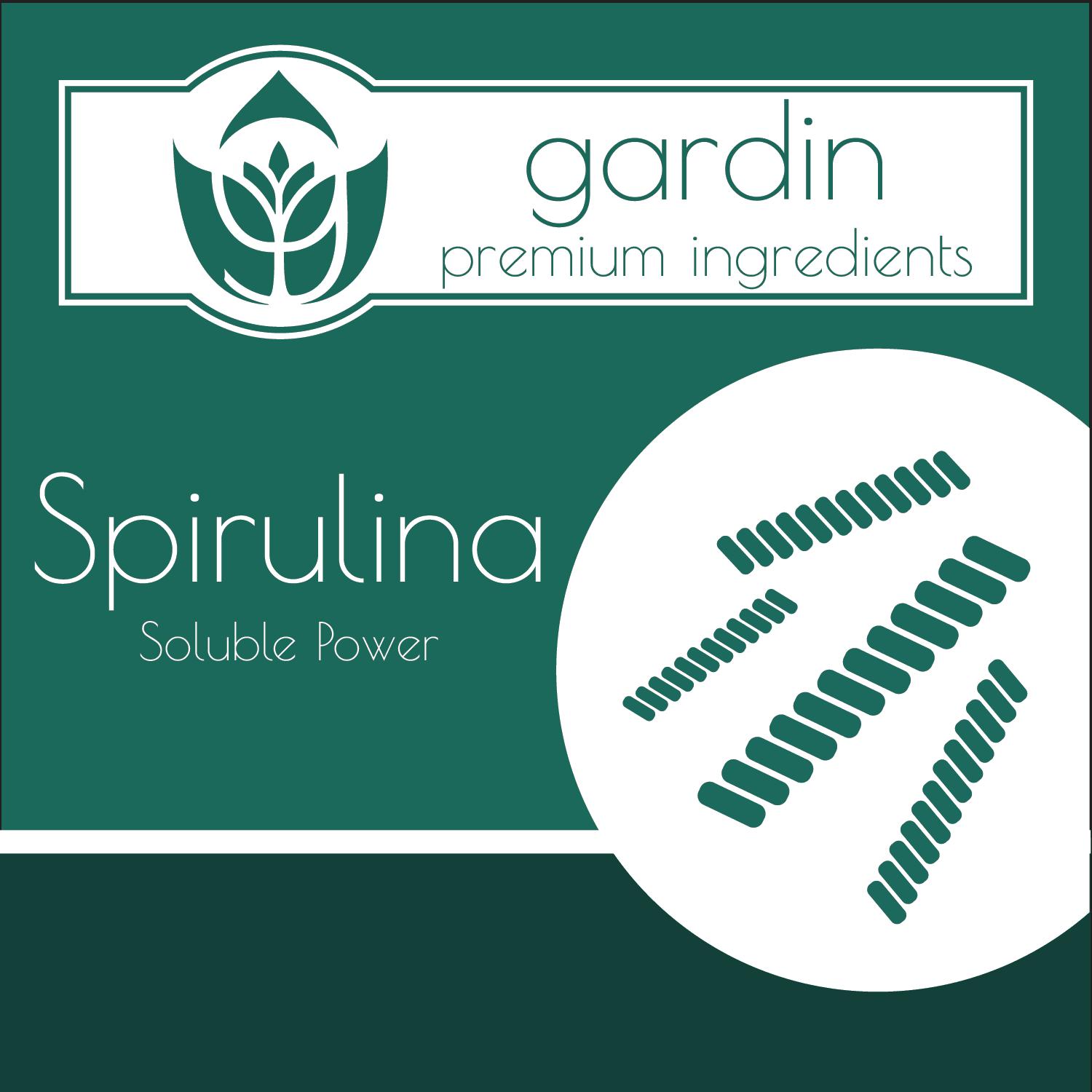
Products – Tagged Brand_Gardin
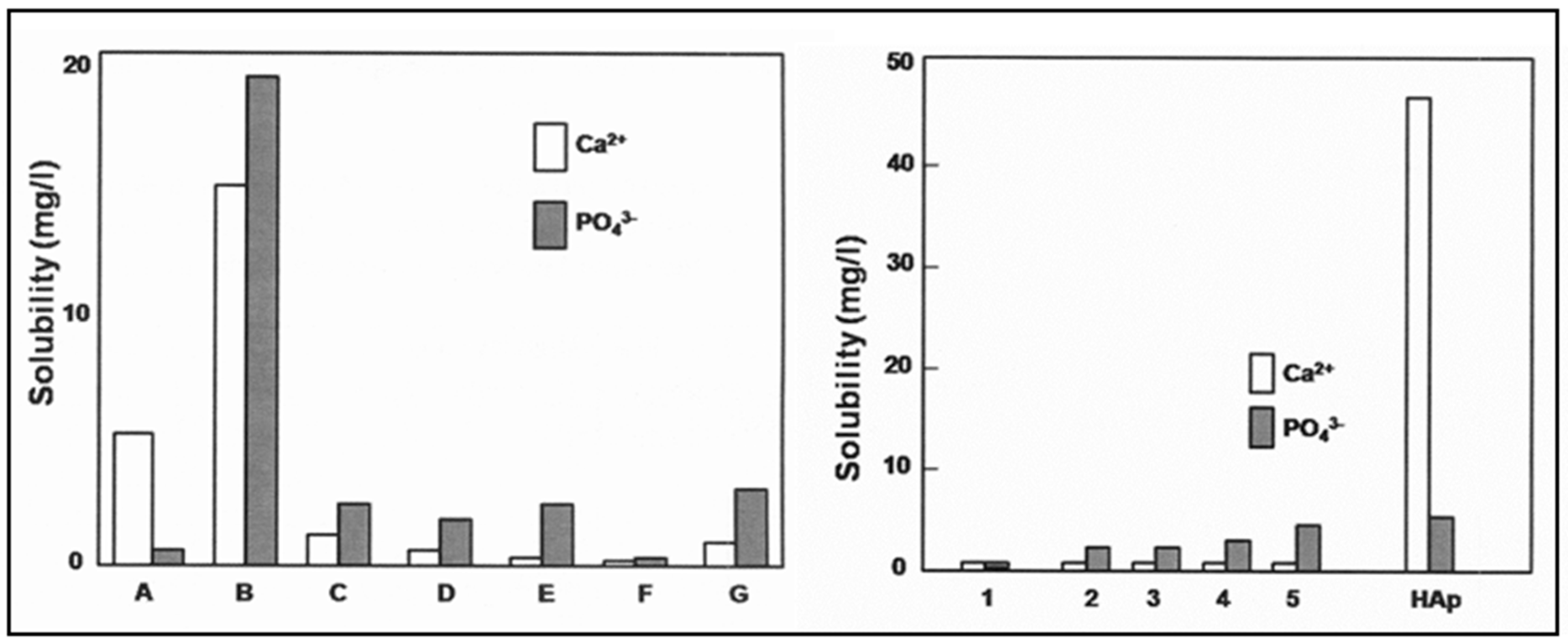
Materials, Free Full-Text

Calcium Carbonate - Gardin Warehouse

Cal Carb Xtreme Gardening, 3 oz : Fertilizers : Patio
Why Molasses, Increases beneficial microbes, Provides trace nutrients, Increases nutrient availability, Provides pest control, Increases yields (See

Molasses - Powder

Calcium Carbonate - Gardin Warehouse
Dolomitic lime is a type of agricultural lime that is primarily composed of calcium carbonate and magnesium carbonate. It is used to improve soil

Dolomitic Lime - Pelleted
This hand held pen with a digital display will measure the Total Dissolved Solids (TDS) of your water or nutrient solution. Easily measure the quality

Default Title
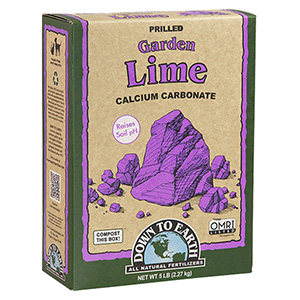
Fertilizers - DTE™ Solution Grade Calcium 96
This hand held pen with a digital display will measure the Total Dissolved Solids (TDS) of your water or nutrient solution. Easily measure the quality

Default Title
Recommended for you
You may also like
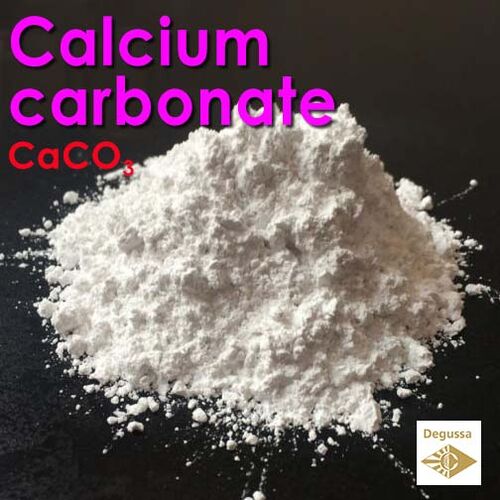
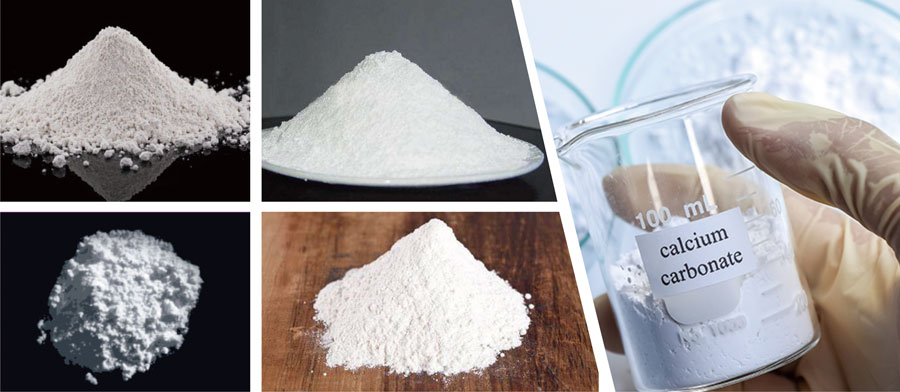
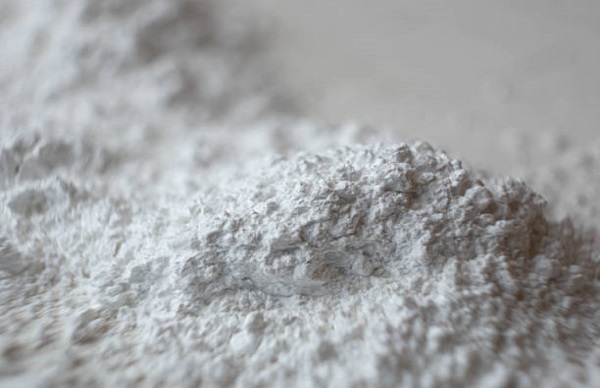

![Calcium Carbonate [CaCO3] 97.55% ACS Grade Powder 2 Oz in a Space-Saver Bottle](https://m.media-amazon.com/images/I/81m-esiNzvL.jpg)

